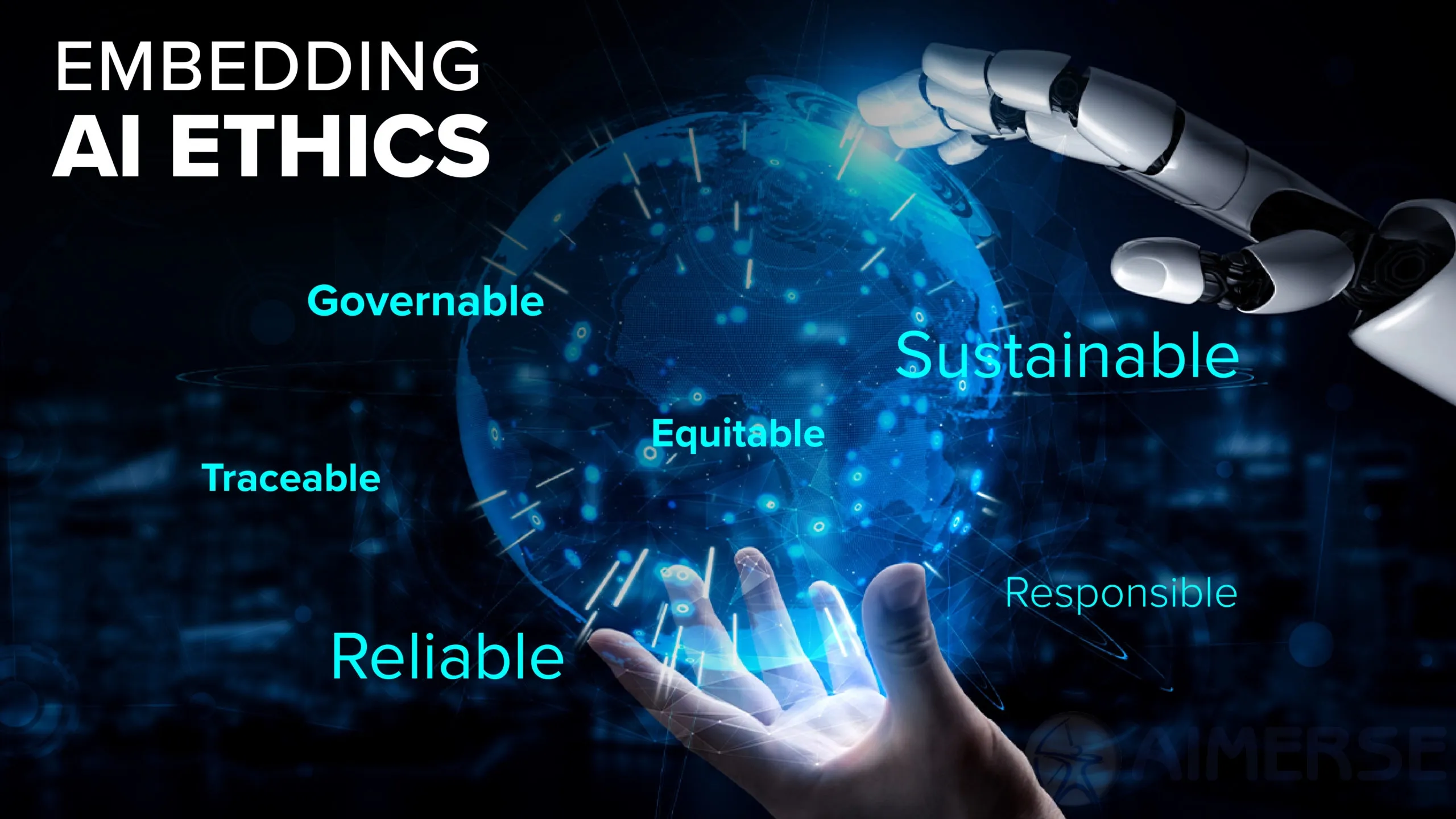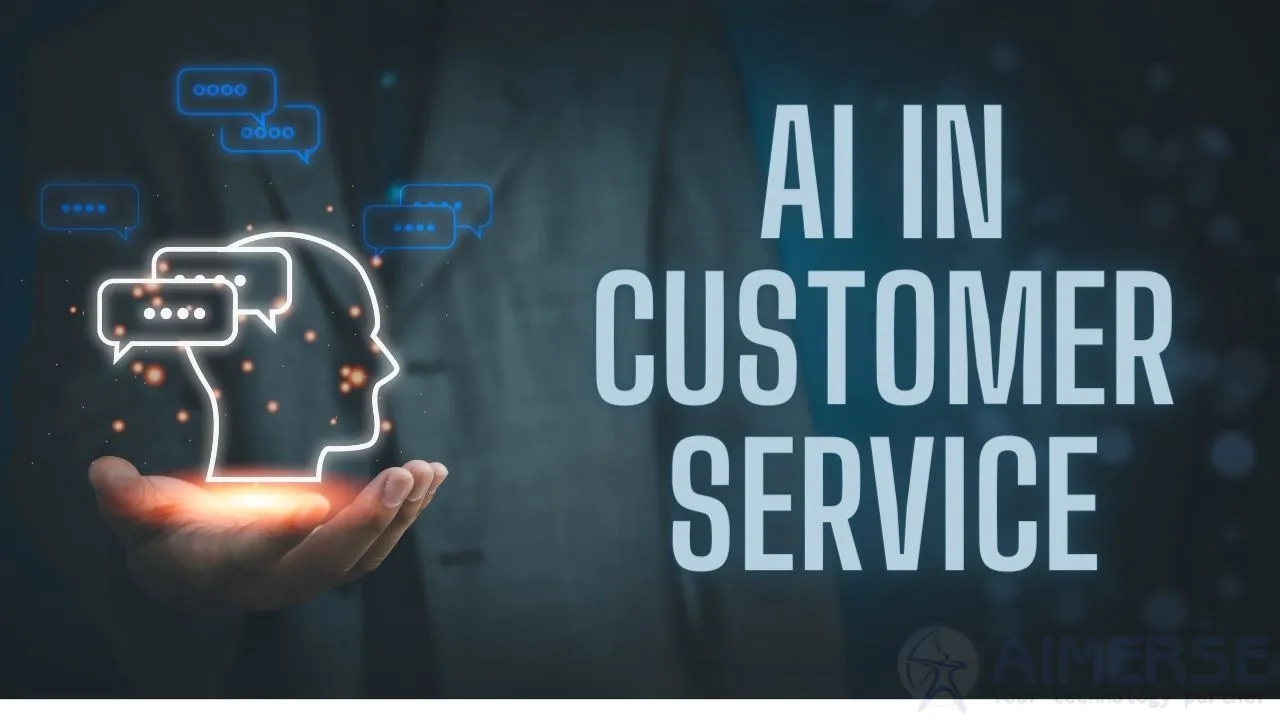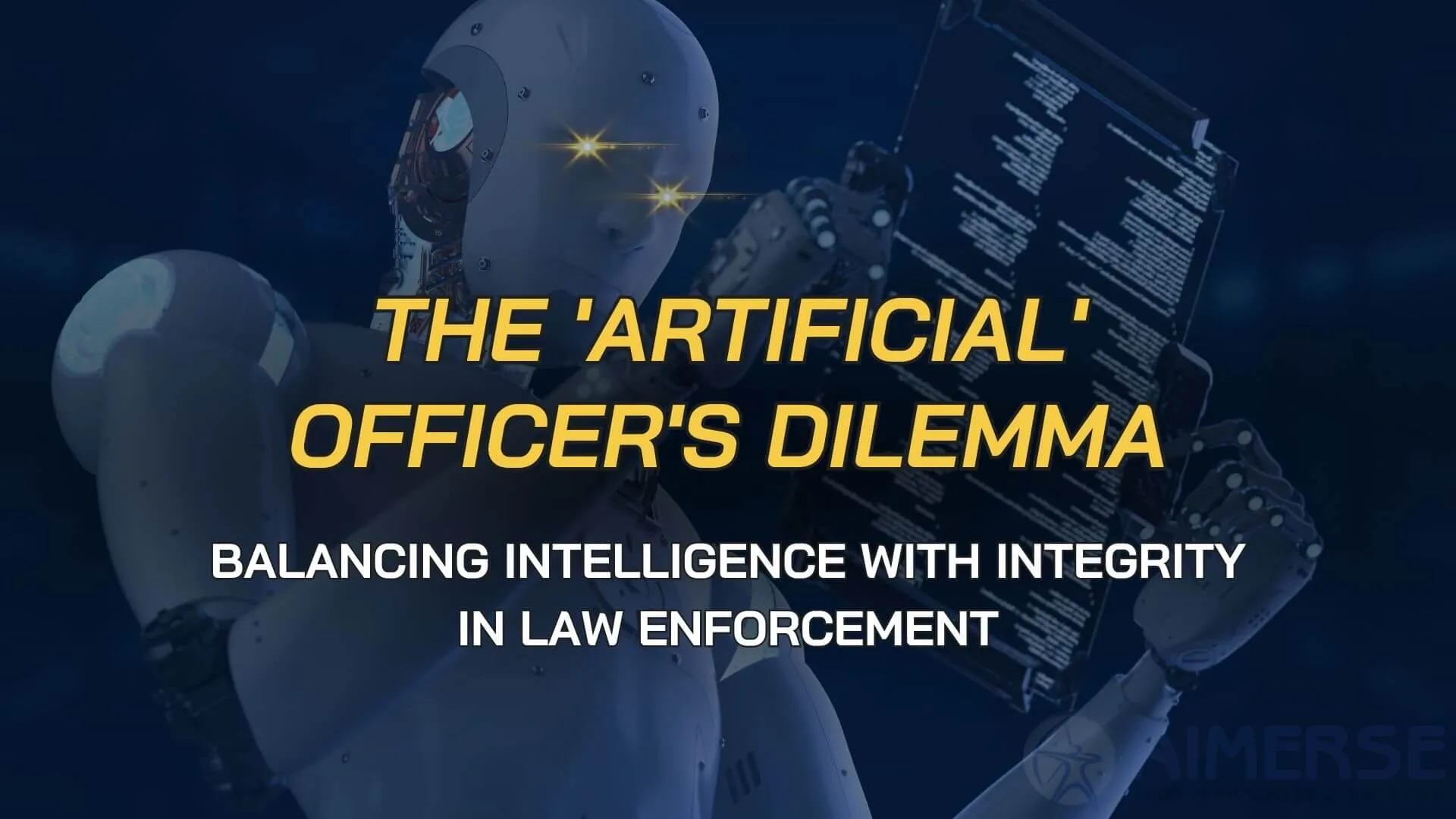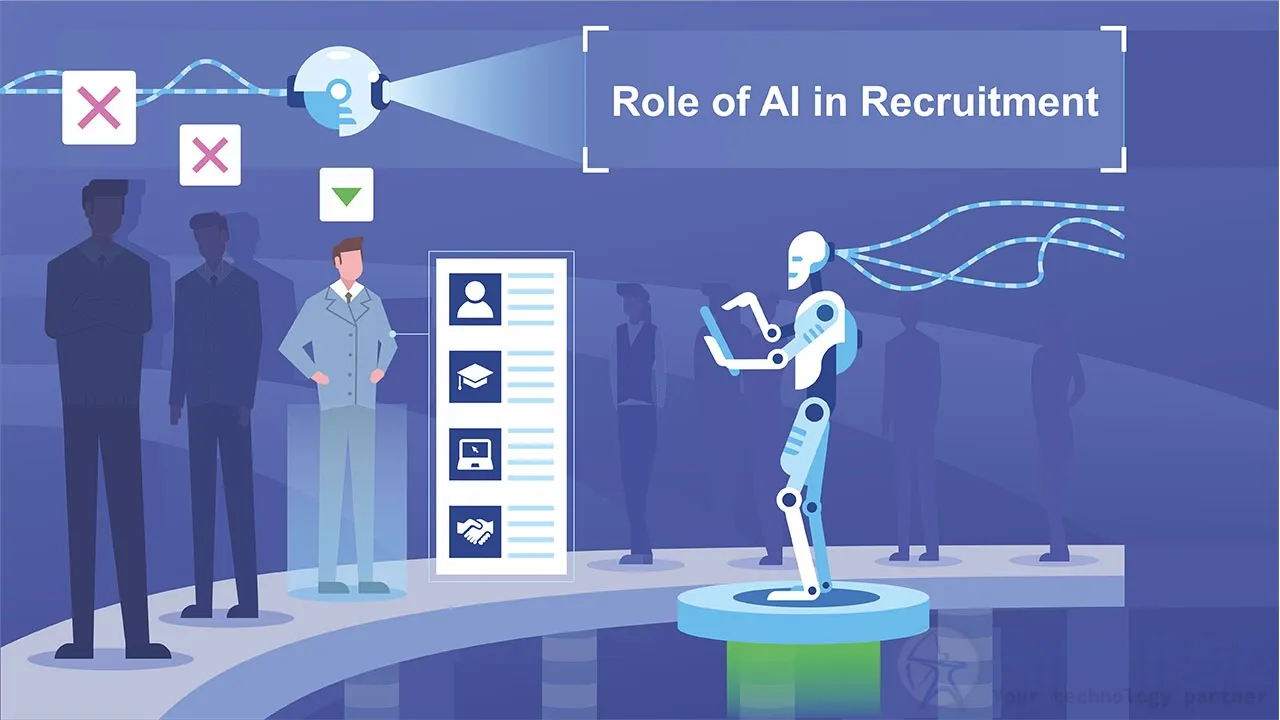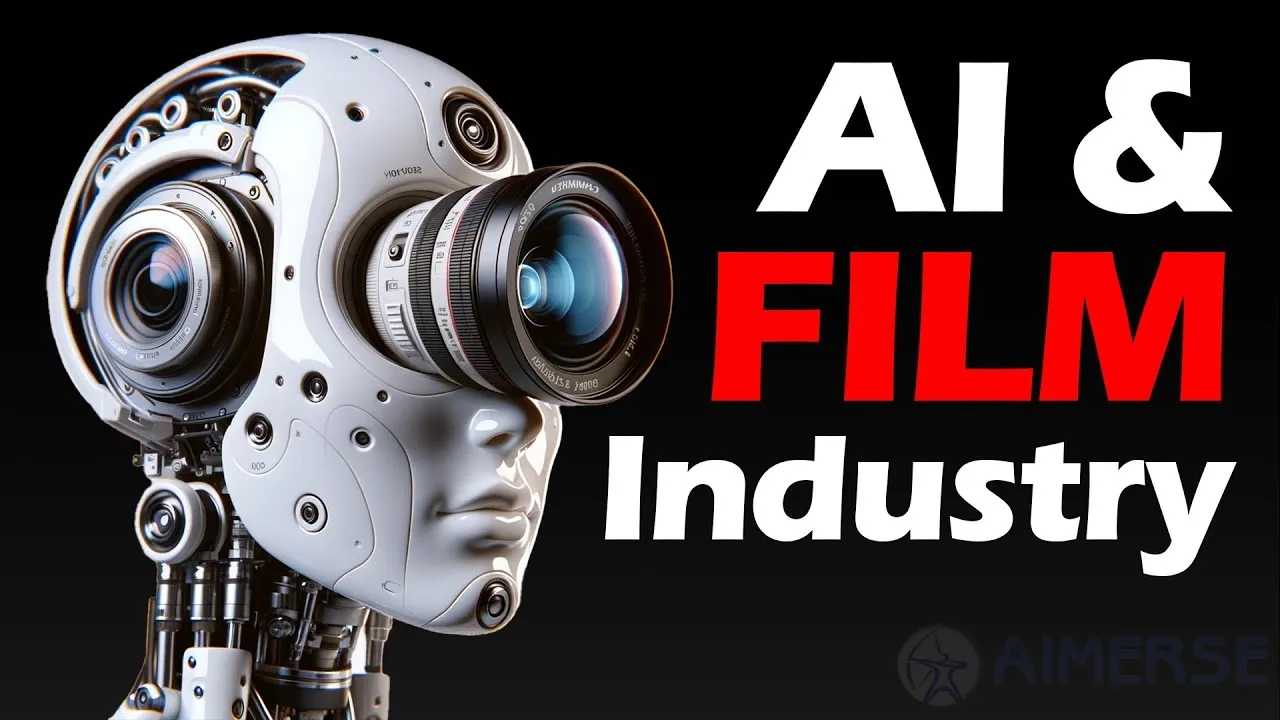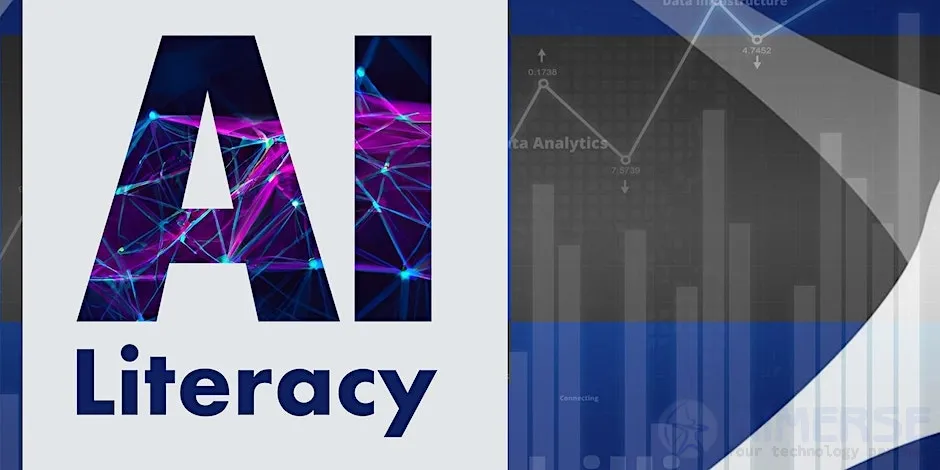AI and Ethics: Navigating Moral Complexities
At present, AI has slowly pervaded several areas and offers one-of-a-kind solutions and productivity. Still, such speed incurs heavily profound ethical questions and is kept liable so that the high-tech mechanism is deployed in justice and in just proportions.
Leading Ethical Problems of AI
-
Bias and Discrimination:
- The algorithms inherit and augment existing biases that exist in data, which they learn upon, potentially creating unfair outcomes. The primary areas of ethical concerns are hiring, lending, and possibly even law enforcement applications. For one, among the ethical problems are biasing and fairness regarding the AI algorithm.
-
Privacy and Surveillance:
- The fact that AI systems often handle large volumes of data, much of which is personal and sometimes considered sensitive, presents an ethical challenge to collect, use, and protect data in such a way as not to violate individual privacy.
-
Transparency and Explainability:
- Most algorithms of AI belong to the so-called "black box." Thereby, no one understands anything about these in detail. Understanding and explaining decision-making is significant for confidence-building and the correct use of AI by all users.
-
Accountability:
- With the happening of harm or error by AI, the challenge of who is accountable becomes highly difficult. It raises the need for well-defined accountability structures to deal with such challenges.
-
Job Displacement:
- The automating abilities may lead to the displacement of workers and therefore have socio-economic effects on the displacement of jobs that require retraining programs.
Frameworks for Ethical AI Development
- There have been countless organizational recommendations for ethical guidelines that should direct AI development and deployment. One recent study compared many of the best-known sets of ethical principles for AI and concluded that, on balance, there is much overlap among them and a progression toward common themes.
- These frameworks encourage principles such as non-maleficence, responsibility, accountability, transparency, and explainability, together with justice, fairness, and human rights which include privacy, security, and others.
Guiding through AI Ethical Controversies
To be able to and responsibly address the ethical aspects of AI and AI systems:
- Implement Bias Mitigation Strategies: Always audit AI for biases or faults and perform the techniques designed to minimize and eradicate them, as much as is possible.
- Ensure Data Privacy: Implement strong Data Governance policies in which private information protection takes precedence over most other requirements.
- Promote Transparency: All AI models should be explainable and provide insight into how they are thinking.
- Establish Accountability: There should be well-defined lines of responsibility for the outcomes of AI, and mechanisms for redress must be created if harm results.
- Manage Socio-Economic Impacts: Invest in education and retraining for workforce transition.
By engaging actively with such ethical issues, organizations can seize the value of AI for moral and societal responsibilities.
We develop custom software applications using technologies including React.js, Node.js, Python Django, Laravel, and Java Spring Boot. Aimerse Technologies designs business applications that are fair, transparent, accountable, and responsibly tread on the moral ambiguity of artificial intelligence based on the principles of developing ethical AI.
